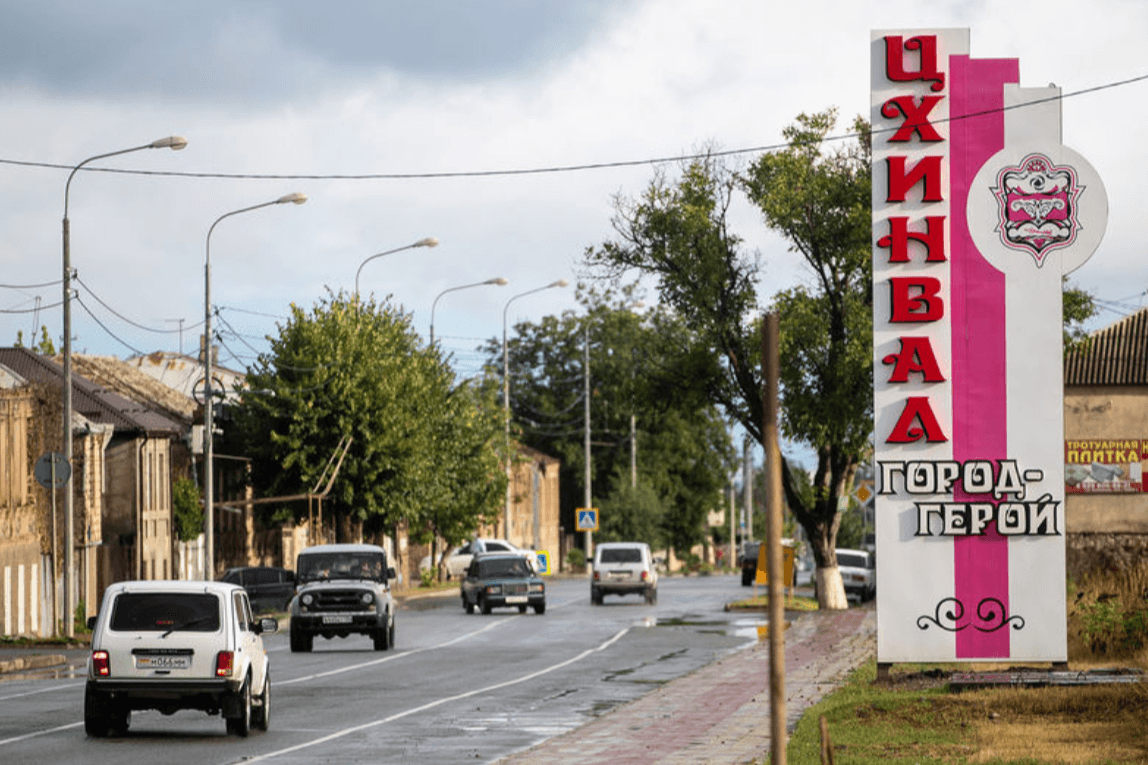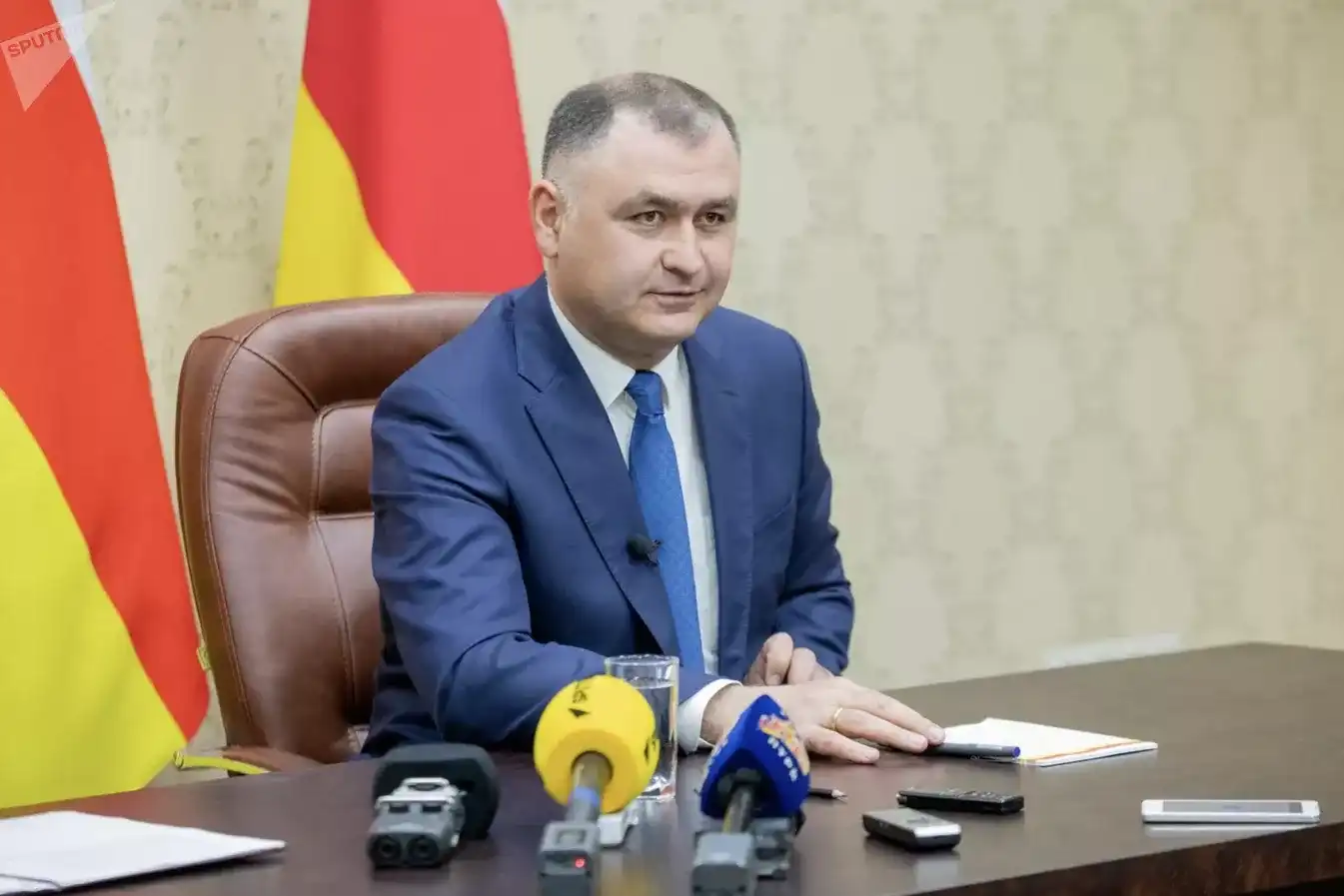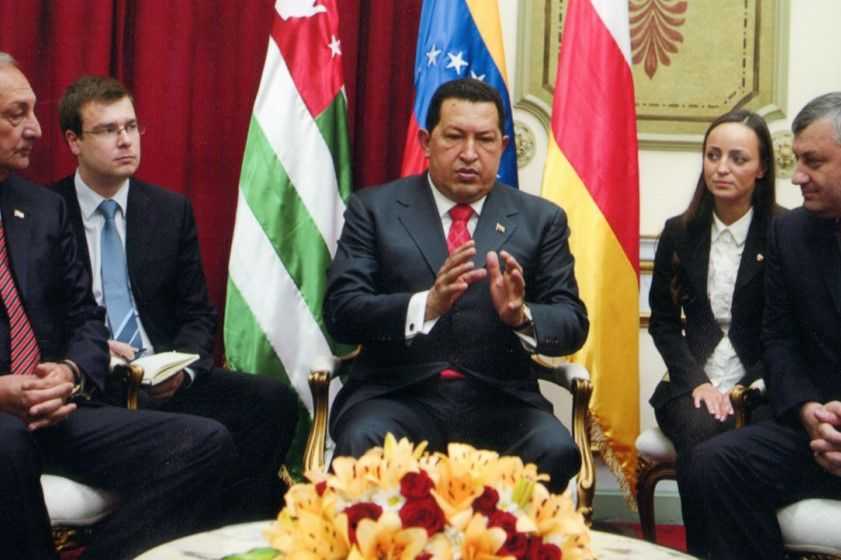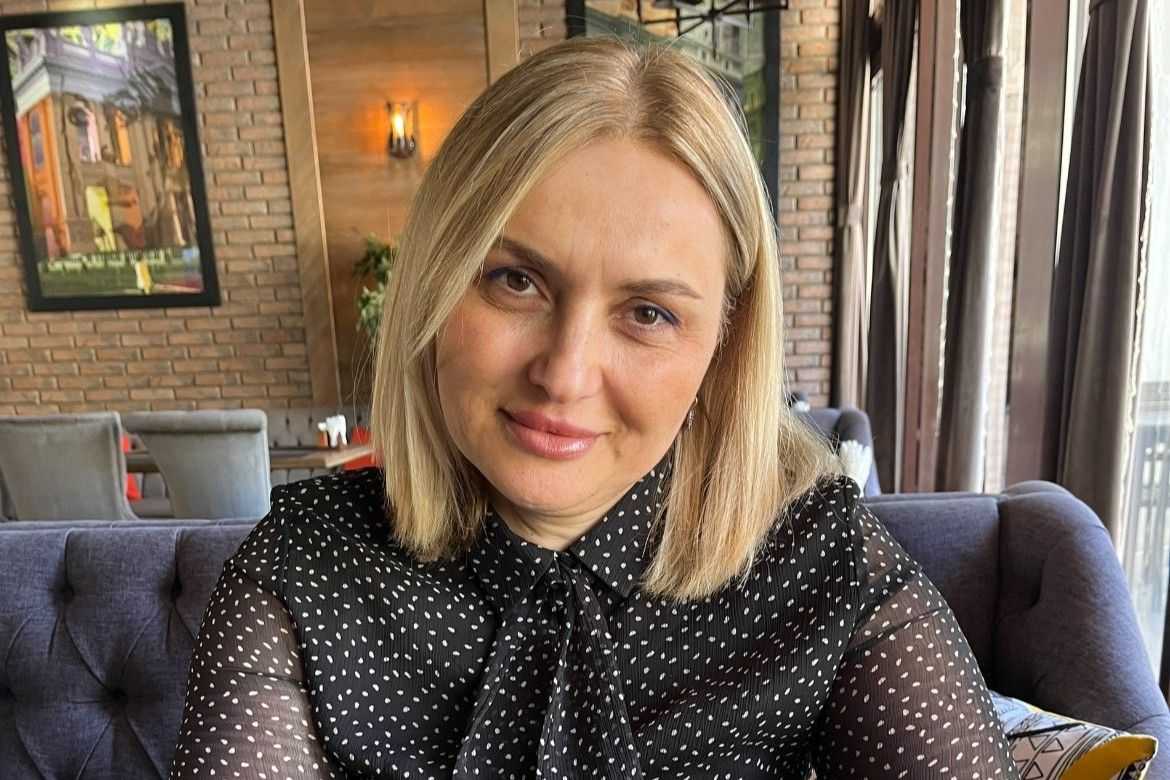Family of entrepreneur kidnapped in Tskhinvali accuses authorities of shielding criminal group

The family of Alan Margiev, a South Ossetian businessperson who was reportedly kidnapped in Tskhinvali (Tskhinval), has claimed the authorities are protecting the kidnappers. The family further alleged the organised crime group they accuse of kidnapping Margiev are linked to South Ossetia’s security forces, which continue to operate with impunity.
According to the South Ossetian Prosecutor General’s Office, on the evening of 6 September, assailants arrived at Margiev’s home on 8 June Street in Tskhinvali in a silver-coloured vehicle. After a brief conversation, Margiev was placed in the car and taken to the northern outskirts of the city, where he was subjected to physical violence for approximately three hours and forced to hand over property of particularly high value.
Official information states that the perpetrators seized the keys to a car worth around ₽6 million ($72,000) before leaving him near his home. The victim managed to prevent the car from being stolen by disabling the ignition system. One of the suspects has been detained, while the others have been placed on a wanted list. Investigators say that measures are ongoing to establish all circumstances of the case.
The official press release did not name the victim or the suspects.
The day after the abduction, the victim’s brother, Viktor Margiev, a police colonel, posted a statement on social media accusing a criminal group led by Khokh Gabaraev of organising the attack. According to him, the group has been terrorising entrepreneurs in South Ossetia for many years and has forced many to cease their business activities.
Viktor Margiev said that on the same day, security officers attempted to detain him. He claims that several SUVs arrived at his home, from which 10–12 people in civilian and military clothing emerged. He was placed in a car under the pretext of having a ‘conversation’, but when the vehicle started moving, he jumped out and took refuge in a courtyard. Viktor Margiev said that the leader of the United Ossetia party, Atsamaz Bibilov, arrived to assist him, after which the officers withdrew.
Later, Viktor Margiev stated that the order for his detention allegedly came from the Interior Minister Erislav Mamiev. He believes that the criminal case was only de facto opened, rather than against specific individuals, and expressed doubt that it would reach trial. According to him, the practice of ‘suspending cases due to unidentified perpetrators’ is common.
On 15 September, Viktor Margiev announced that he had left South Ossetia. In his statement, he said he intended to appeal to the competent Russian authorities to publicise the situation. South Ossetian Telegram channels, including Notes of a Tskhinvali Partisan and ChP Tskhinvali, linked his departure to his public accusations against South Ossetian President Alan Gagloev.
On 17 September, Viktor Margiev published an audio recording of a conversation between his father, Nodar Margiev, and the president’s aide, Vladimir Vaneev. In the recording, Vaneev conveys Gagloev’s readiness to ‘stand by the family’ and urges Nodar Margiev to meet Gagloev in person. When asked why the members of the alleged criminal group have not yet been detained, Vaneev replied that he ‘has no answer to that’, but stressed that it would be ’better for the family’ if the meeting took place. Viktor Margiev described these calls as pressure on his father.
Viktor Margiev also stated that his brother’s abduction is directly linked to the extortion of property from entrepreneurs, and added that despite the criminal case, the organised group continues to operate. He claims that South Ossetian law enforcement effectively shields these structures, which extort money from the republic’s business community.
For ease of reading, we choose not to use qualifiers such as ‘de facto’, ‘unrecognised’, or ‘partially recognised’ when discussing institutions or political positions within Abkhazia, Nagorno-Karabakh, and South Ossetia. This does not imply a position on their status.

This article was translated into Russian and republished by our partner SOVA.










